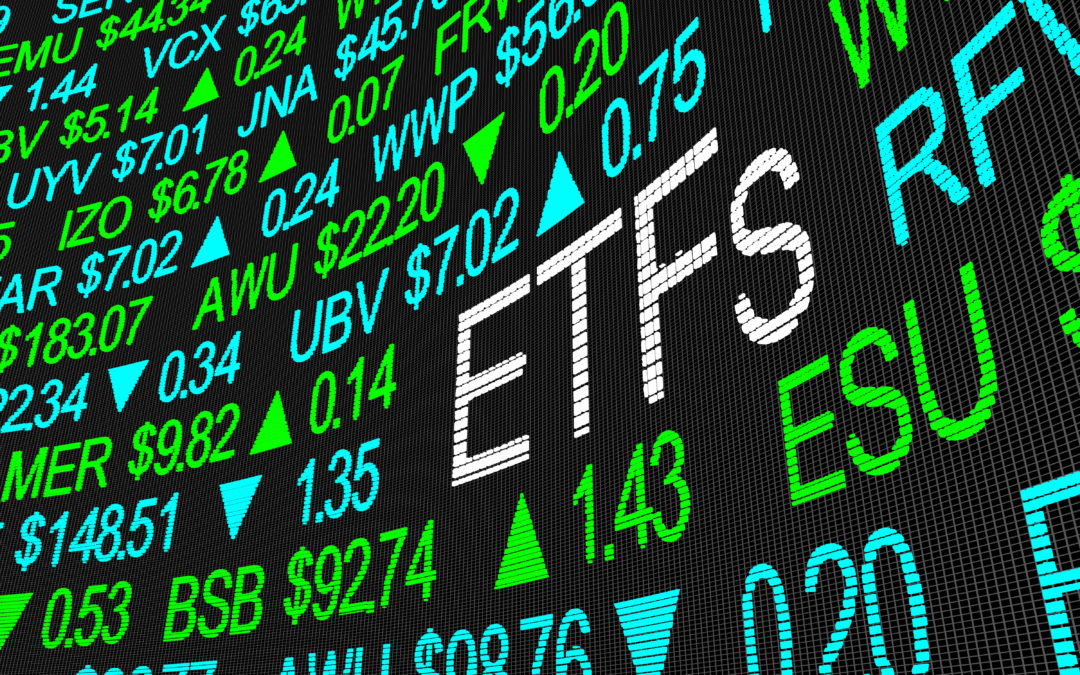The exchange-traded fund, or ETF market, remained relatively strong considering 96% of them were up as of the last day of 2019, according to ETF.com.
ETFs that were down were mostly around natural gas, cannabis and emerging markets.
But the biggest issue for the ETF market in 2019 was the fact that only 226 new funds were introduced the whole year — the lowest total in five years.
Which seems odd for one of the most popular ways to invest.
While it was a strong year for ETF returns, 2020 has the potential to be even better for investors looking to use the funds for portfolio diversification.
What is an ETF?
Just as a reminder, an ETF is just like a stock — it can be traded on the market.
The biggest difference between an ETF and individual stock is an ETF automatically diversifies an investor’s holdings because it is a bucket of equities that will track an underlying index. Instead of just one stock, ETFs can hold hundreds of stocks across different industries.
They are very similar to mutual funds, only they are listed on exchanges and shares of ETFs trade just like any other stock.
The ETF Decline in 2019
Quite simply, the ETF market is a flood of products allowing investors to invest in things from real estate to cannabis to cannabis real estate through ETFs.
While that is great, investors didn’t bite at every offering on the hook.
And because there is so much out there, ETF managers are pairing back those offerings. According to Bloomberg, more than 100 funds closed up in 2019 — from those tracking single countries to those with larger international exposure.
Invesco Ltd. said it plans to close about 16% of its U.S. ETFs in 2020 — including all but six ETFs it picked up when it bought OppenheimerFunds Inc. in May 2019.
A 2020 ETF Market Resurgence
While ETF issuers held back on fund launches in 2019, that is likely to change in 2020.
Regulation changes coupled with commission-free trading could lead to a resurgence in ETFs coming to market.
The Securities and Exchange Commission approved the ability for nontransparent ETFs — funds that don’t disclose their holdings daily — to come to market. But the rule change doesn’t guarantee investors will buy into the nontransparent funds.
“The problem they will wind up solving is an asset management one concerning transparency. Investors don’t really care,” Morningstar Director of Global ETF Research Ben Johnson told ThinkAdvisor.
Companies like ActiveShares, Blue Tractor, Fidelity, Natixis and T. Rowe Price have already gained SEC approval for nontransparent ETFs.
Another regulation change allows asset managers to bring new ETFs to market without filing exemptive relief under the Investment Company Act of 1940.
The regulation changes will make it easier for fund managers to bring new products to the market, which they are likely to do in 2020. However, more products mean investors will have to do their homework when looking at potential ETF investments.
Brokerage firms eliminating commissions and other fees will make it more advantageous for investors to jump in and invest more in ETFs in 2020.
Check out our Top 5 ETFs to buy in 2020 here.





